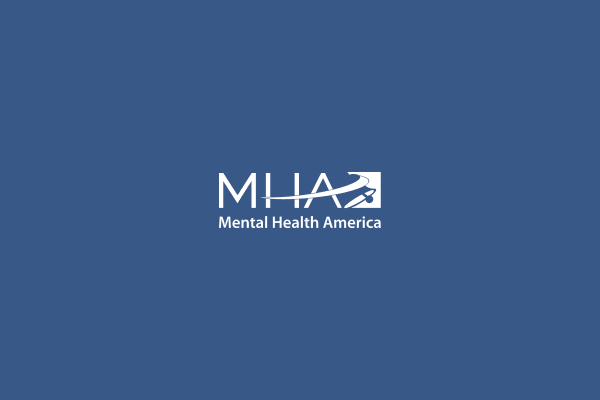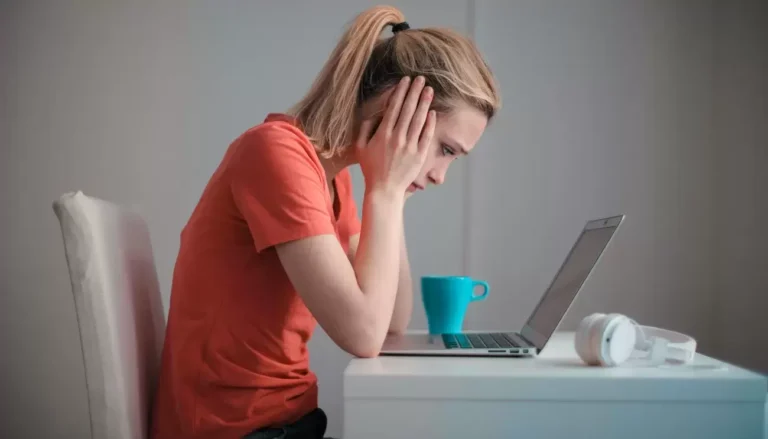







If you live with mental illness, you may be struggling to find treatment, manage your medication and cope with life’s challenges effectively.
There is ample cause for hope. You are not alone, help is available, mental health conditions are treatable, and you can take practical steps to recover your life. Here you’ll find interactive tools and resources to help you better understand your treatment options, work closely with your health care provider, learn about the supports available to you, and start on your recovery journey.
Use these tools for recovery to open up communication with your provider. Educate yourself about treatment options, paying for care, and getting the most from your treatment. Get practical advice on handling many challenges you might be facing, like finding the right medication, securing housing, pursuing education and work, and managing money. On this site, you will find information about how to start and maintain your recovery and live your richest, fullest life. Friends and loved ones will also find information here about how best to support you in your journey to recovery and wellness.


